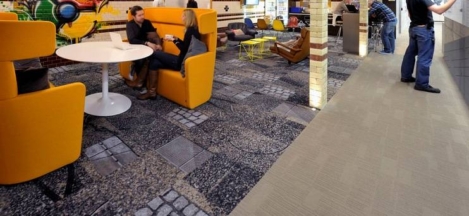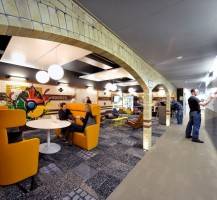April 5, 2016
Rise in number of virtual employers with remote teams of workers 0
 When, where, and how people work has changed dramatically over the last ten years – telecommuting has grown 103 percent over in the US and an estimated that 50 percent of people will work remotely by 2020. While many companies have begun to integrate remote work, there is a growing trend for firms to fully embrace remote work as an integral part of their business. Virtual companies that operate with fully or heavily distributed workforces now come from many industries, including accounting, health, law, marketing, non-profit, news/media, sports, travel and others. However the best sectors to find a remote post are in Computer/IT, HR/Recruiting and Education; according to the third annual list of virtual companies compiled by FlexJobs. The diversity of companies represented in this year’s list, demonstrate that the remote work model can be applied regardless of company size and/or industry.
When, where, and how people work has changed dramatically over the last ten years – telecommuting has grown 103 percent over in the US and an estimated that 50 percent of people will work remotely by 2020. While many companies have begun to integrate remote work, there is a growing trend for firms to fully embrace remote work as an integral part of their business. Virtual companies that operate with fully or heavily distributed workforces now come from many industries, including accounting, health, law, marketing, non-profit, news/media, sports, travel and others. However the best sectors to find a remote post are in Computer/IT, HR/Recruiting and Education; according to the third annual list of virtual companies compiled by FlexJobs. The diversity of companies represented in this year’s list, demonstrate that the remote work model can be applied regardless of company size and/or industry.





































March 22, 2016
While politicians squabble, here’s what the Budget meant for the workplace 0
by Mark Eltringham • Comment, Facilities management, Legal news, Workplace, Workplace design
(more…)